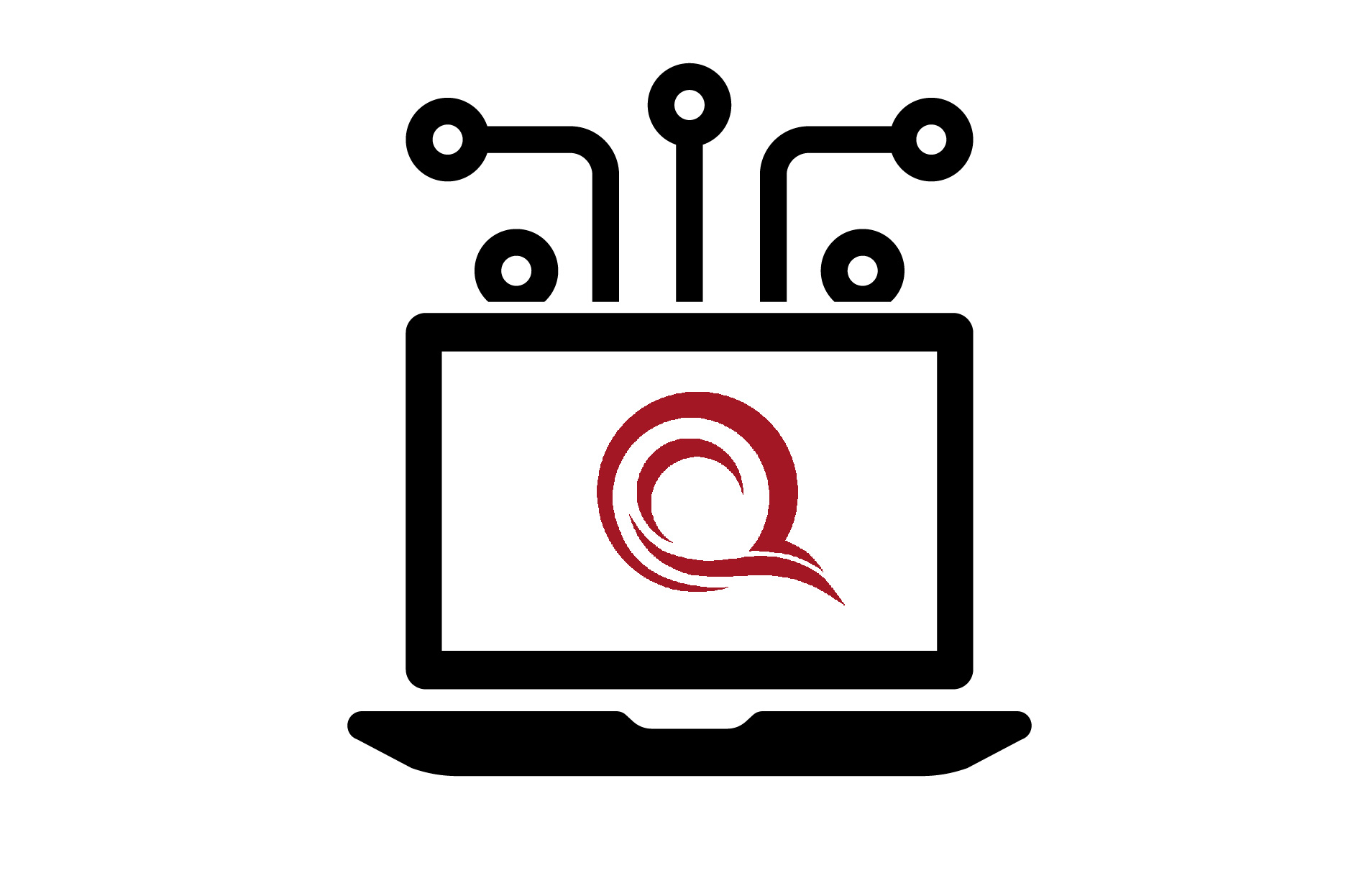Autonomous, Measurement-Free Quantum Computing Scheme Published in Science Advances
New protocol combines code switching and concatenation of quantum error correcting codes to deliver a scalable, fault-tolerant universal gate set—without mid-circuit measurements.
A research collaboration of Prof. Markus Müller’s research group for theoretical quantum technology at PGI-2 at Forschungszentrum Jülich and RWTH Aachen University, with colleagues at the University of Stuttgart has unveiled a way to run quantum computers autonomously without pausing calculations for measurements or real-time feedback, while retaining the stringent protections required for fault tolerance. The work, published today in Science Advances, introduces a freely scalable, measurement-free approach to fault-tolerant quantum computing that implements a universal set of logic gates.
Useful quantum computers demand two ingredients that are very challenging to realize experimentally: (1) error correction sturdy enough to withstand the relentless noise acting on qubits, and (2) the flexibility to perform any gate operation required by an algorithm in a fault-tolerant manner. While progress in the theory of quantum error correction and recent experimental breakthroughs have advanced both fronts, many state-of-the-art protocols hinge on mid-circuit measurements and fast, real-time feedback. Those steps can be slow and disruptive—particularly in leading architectures based on trapped ions, neutral atoms, and superconducting devices—introducing delays, heating, and additional error pathways that blunt performance.
The new study sidesteps that bottleneck. Building on ideas from measurement-free error correction, the researchers design code switching protocols that coherently map stabilizer information onto auxiliary qubits, perform feedback within the quantum circuit itself, and then reset the auxiliaries, removing entropy without ever stopping for a measurement. Combining this strategy with code concatenation to boost protection, the team realizes a scalable, fault-tolerant universal gate set that operates measurement-free throughout an algorithm. “Our goal was to let the computer take care of itself while it runs,” says Friederike Butt, a PhD student in Müller’s group. “By eliminating mid-circuit measurements and feed-forward, we can keep the processor in the fast lane and still meet the strict demands of fault tolerance.” The research groups in Jülich/Aachen and Stuttgart are both part of the consortium MUNIQC-Atoms, developing a neutral atom quantum computer funded by the BMFTR
Publication: Butt et al. Measurement-free, scalable and fault-tolerant universal quantum computing, Sci. Adv.11, eadv2590 (2025).

A quantum algorithm can be constructed from a universal logical gate set such as {H, CNOT, T} and quantum error correction to maintain fault tolerance in an algorithm. To implement the non-Clifford T-gate fault-tolerantly, the authors devise code switching protocols that do not require any mid-circuit measurements. Code concatenation allows one to scale up this scheme to reach, in principle, arbitrarily small remaining error rates.
